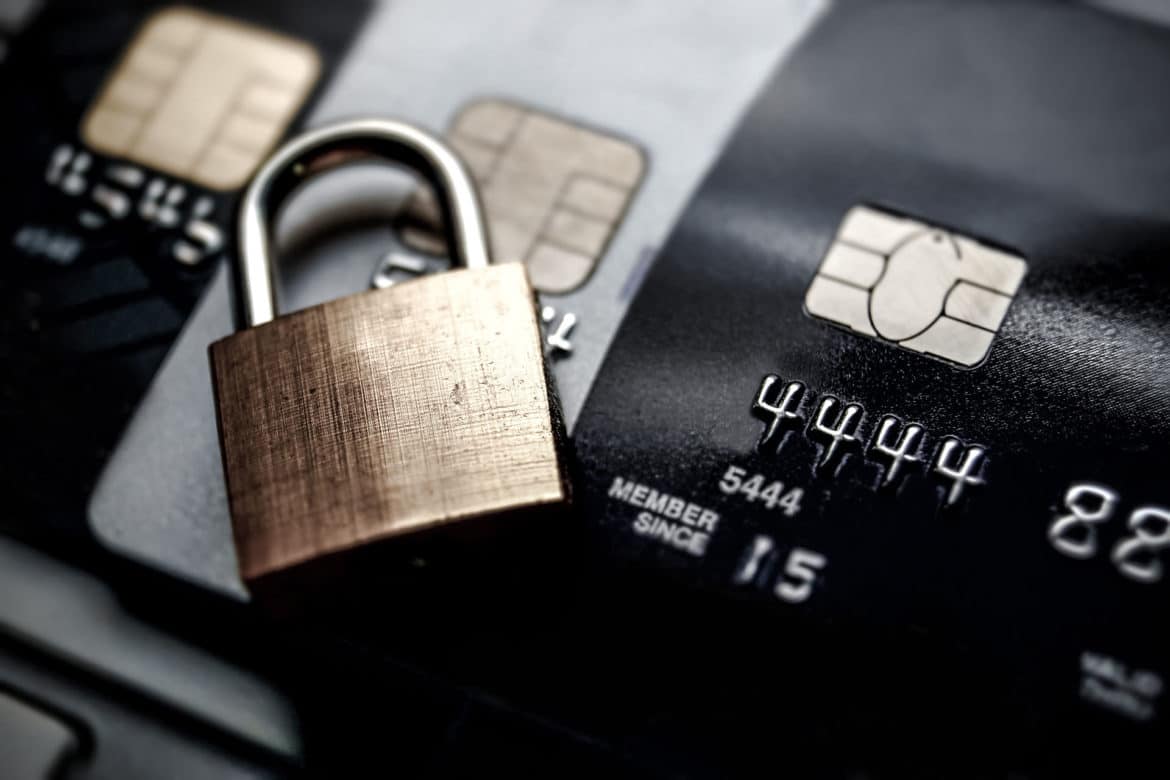How to Get a Credit Card When You Have Bad Credit
Getting a credit card with bad credit is possible—and, in some cases, easier than you think. Even if your credit score is in the low 500s, or you've been denied before, there are credit cards designed specifically for people in your situation.

You don’t need perfect credit to get approved. What matters more is choosing the right type of card, applying strategically, and avoiding the common traps that can make things worse.
This article will break down your best options, including secured cards, unsecured cards for bad credit, and a few smart tips to improve your odds of getting approved. If you’re ready to start rebuilding your credit the right way, you’re in the right place.
Best Credit Cards for Bad Credit: What Actually Works
If you have bad credit, your options are limited—but not hopeless. The key is applying for credit cards that are specifically designed for people with low credit scores. Here are the three main types to consider, along with what to expect from each.
Secured Credit Cards
Secured credit cards are the most common option for people trying to rebuild their credit. You put down a refundable security deposit, which typically becomes your credit limit. For example, a $200 deposit usually gives you a $200 credit limit.
Most secured credit cards report to all three major credit bureaus, which helps you build a positive payment history over time. Some issuers even let you graduate to an unsecured card after several months of on-time payments.
A few secured credit cards don’t require a hard credit check when you apply. This can be helpful if you’re trying to avoid another inquiry on your credit report.
Unsecured Credit Cards for Bad Credit
Unsecured credit cards for bad credit are available, but they often come with strings attached—like high annual fees, setup fees, and very low credit limits. These cards can work if you don’t have the cash for a deposit, but they’re not always a great long-term solution.
Look for cards with no monthly maintenance fees and ones that report to all three credit bureaus. If the upfront fees are more than the credit limit you’re given, it’s probably not worth it.
Store and Retail Credit Cards
Store credit cards are usually easier to get approved for, even with bad credit. Retailers often have more flexible approval criteria, but the trade-off is limited use—you can typically only use them at that specific store or brand.
Also, watch out for high interest rates and “special financing” offers that turn into retroactive interest if you don’t pay off the balance in time. These cards can help if used carefully, but they’re not ideal for everyday spending or long-term use.
What Increases Your Approval Odds
Getting approved for a credit card with bad credit often comes down to timing, preparation, and knowing where to look. Here are a few steps that can increase your chances without setting yourself back even further.
Pre-Qualification: No Credit Hit
Many credit card issuers offer pre-qualification tools that only perform a soft inquiry on your credit report. This means you can check your chances without lowering your credit score.
Pre-qualification isn’t a guarantee, but it’s a helpful filter that shows which cards are worth applying for. You’ll answer a few questions about your income, housing, and employment, and then see offers you’re likely to get approved for.
Issuers that offer pre-qualification with no impact to your credit score include:
- Capital One – Offers both secured and unsecured cards for bad credit
- Discover – Known for flexible secured card options
- Mission Lane – Specializes in unsecured cards for low credit scores
- Credit One Bank – Offers multiple options for rebuilding credit
- Avant – Pre-qualify for unsecured cards with quick approval
These tools are free, and you can usually check in under two minutes.
Apply With Your Current Bank or Credit Union
If you already have a checking or savings account with a bank or credit union, that relationship can help. Many institutions offer secured or starter cards to existing customers, and they may be more lenient with approval if you have a solid account history.
Smaller credit unions, in particular, often look at your overall financial picture rather than just your credit score. If you’ve never asked your current bank what cards they offer, now is a good time.
Make Sure Your Credit Report Is Accurate
Before you apply, it’s smart to check your credit report with all three major credit bureaus. Errors are more common than most people think, and even one incorrect late payment or account can hurt your chances.
You can get a free credit report from each bureau once a year at AnnualCreditReport.com. If you spot anything that doesn’t look right, file a dispute immediately—it could be the difference between approval and denial.
Top Credit Cards for Bad Credit (2025 Picks)
Here are some of the best credit card options currently available for people with bad credit. These are based on features like fees, deposit requirements, approval speed, and whether they report to all three major credit bureaus.
- Best Secured Card With No Annual Fee – Discover it® Secured Credit Card
Offers cash back on purchases and no annual fee. Reports to all three credit bureaus and reviews your account for graduation after seven months. - Best For Fast Approval – Capital One Platinum Secured Credit Card
Instant pre-qualification and quick decision after applying. Some users receive a lower deposit requirement based on their application details. - Best Low-Deposit Option – OpenSky® Secured Visa® Credit Card
No credit check required. You can start with a $200 deposit, and there’s no bank account needed to apply. - Best Unsecured Card With Credit-Building Features – Mission Lane Visa® Credit Card
No security deposit needed. Offers regular credit line reviews and reports to all three credit bureaus.
These cards don’t guarantee approval, but they’re some of the most accessible and transparent options available for people trying to rebuild their credit.
Avoid These Mistakes
Applying for the wrong card or mismanaging the one you get can do more harm than good. Here are some of the most common mistakes to avoid:
- Applying for too many cards at once: Every application creates a hard inquiry on your credit report, which can lower your credit score and hurt your approval odds.
- Ignoring setup fees, monthly fees, or APR: Always read the terms before applying. Some cards look good upfront but charge hidden fees that drain your available credit.
- Missing even one payment: Payment history is one of the biggest factors in your credit score. A single late payment can undo months of progress.
- Letting your utilization get too high: Try to keep your balance below 30% of your credit limit—ideally under 10%. High balances relative to your limit will hurt your credit score.
How to Use the Card to Rebuild Credit
Getting approved is only the first step. To actually improve your credit score, how you use the card matters more than which card you get.
Always pay your bill on time. Even one missed payment can lower your credit score and stay on your credit report for years. If possible, pay your balance in full each month to avoid interest.
Keep your balance well below your credit limit. Aim to use no more than 30% of your limit—10% is even better. For example, if your limit is $300, try to keep your balance under $90 at all times.
Track your credit score each month to see your progress. Most credit card issuers offer free score tracking tools in their app or online account dashboard.
What If You’re Denied?
If your application gets denied, don’t apply for another card right away. Each new application adds a hard inquiry to your credit report, which can lower your score and make approval harder next time.
Lenders are required to send you an adverse action notice explaining why you were denied. Review it carefully. It might point to something you can fix—like high debt or a recent missed payment—before applying again.
If credit cards are not an option right now, consider other credit-building tools. Secured cards are still the most accessible, but credit-builder loans or becoming an authorized user on someone else’s card can also help you make steady progress.
Final Thoughts
Bad credit doesn’t lock you out of the credit card market—you just need to know where to look and what to avoid. Secured cards, pre-qualification offers, and credit-building habits can put you on the path to a stronger credit profile.
The key is starting small, using your card responsibly, and focusing on progress month by month. The right habits now can open the door to better credit cards, lower interest rates, and more financial freedom down the line.



